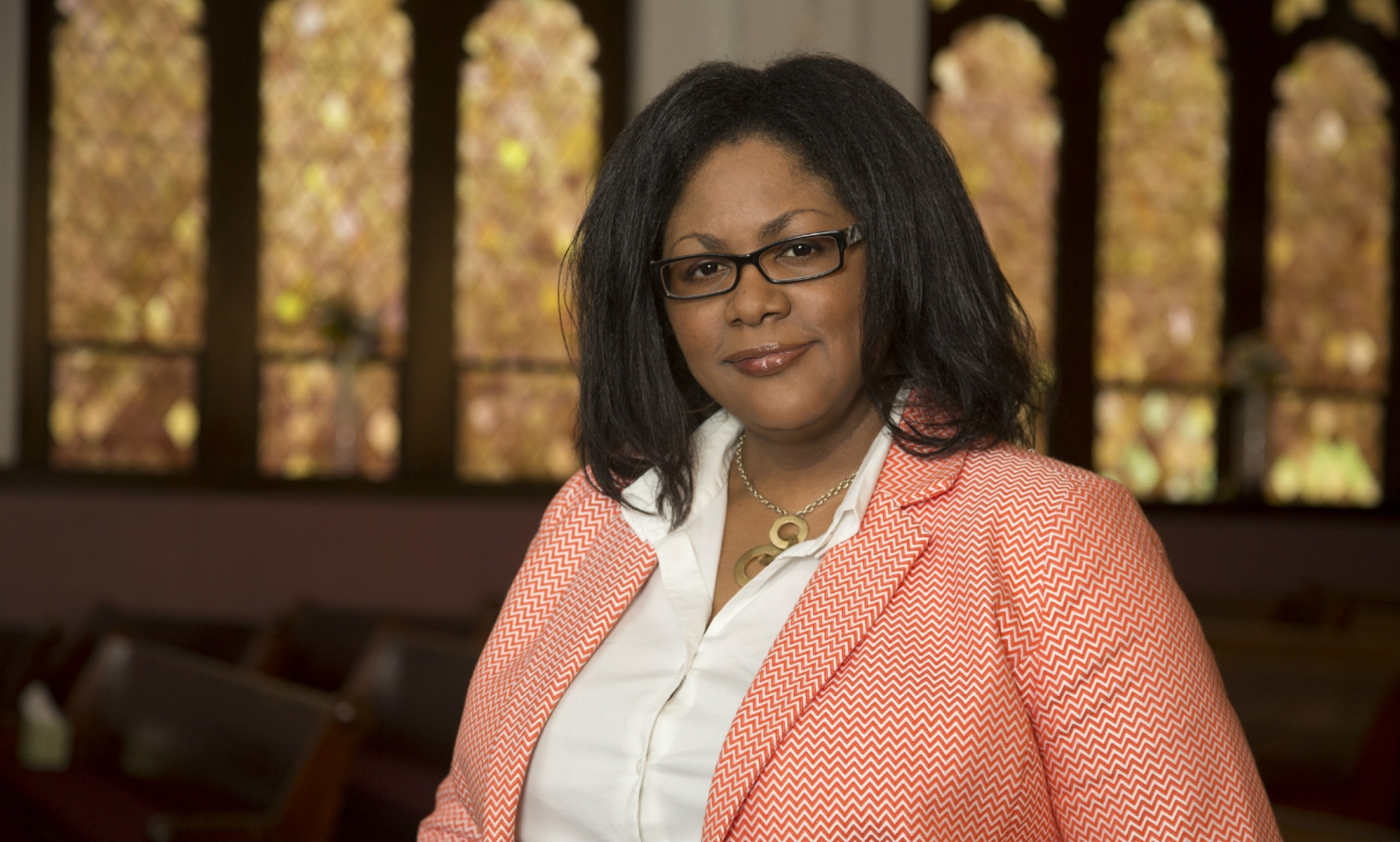COVID-19 has infected, hospitalized and killed Black Americans at a higher rate compared to whites. As it has with other racial health disparities, the University of Missouri-Kansas City is partnering with Black churches in Kansas City to fight this one. The National Institutes of Health has awarded UMKC a two-year, $1.9 million grant to do so as part of its Rapid Acceleration of Diagnostics-Underserved Populations (RADx-UP) initiative.
“By working with 16 churches, which are trusted institutions in the African American community, we will greatly expand COVID-19 testing opportunities and access to care in low-income areas of Kansas City,” said Jannette Berkley-Patton, Ph.D., principal investigator of the grant, director of the UMKC Health Equity Institute and a professor at the School of Medicine. “This RADx-UP grant will help people who probably never would have gotten tested get the support they need.”
The team of investigators on the grant are from UMKC, Children’s Mercy, University of Kansas Medical Center, University of Massachusetts, University of California-San Francisco and Johns Hopkins University. In addition to churches and their leaders and members, they will work in partnership with Calvary Community Outreach Network and the Kansas City Health Department for testing, contact tracing and linkage to care services.
“By working with 16 churches, which are trusted institutions in the African American community, we will greatly expand COVID-19 testing opportunities and access to care in low-income areas of Kansas City. This RADx-UP grant will help people who probably never would have gotten tested get the support they need.” -
“One of our aims with the grant is to not only expand testing but to also help get the community prepared for the vaccine,” said Mary Anne Jackson, M.D., an investigator of the grant, dean of the UMKC School of Medicine and an infectious disease expert at Children’s Mercy. “Vaccine confidence relies on trust and transparent communication of vaccine science and safety. The mistrust among people of color about the COVID-19 vaccine stems back toward experience in other research impacting this population, namely the Tuskegee trials in 1932 to study syphilis where Black males were not provided treatment.”
Key social determinants contribute to the disparities for Blacks and COVID-19 including essential public-facing jobs, cultural norms like medical and contact tracing mistrust and limited access to health care. African Americans also have a high burden of chronic health conditions including obesity, diabetes and heart disease, which put them at an increased risk for COVID-19.
Studies, including UMKC investigations led by Berkley-Patton, have shown that community-engaged research with African American churches has led to health screening uptake for HIV and STD testing and reducing risks for diabetes. Yet, no proven COVID-19 testing interventions exist for African American churches, which have wide reach and influence in their communities, high attendance rates and supportive health and social services for community members.
At churches, the grant aims to reach people through sermons, testimonials, church bulletins, and text messages. This also includes faith leaders promoting testing – and getting tested in front of their congregations – so that people can actually see what the testing process looks like.
To date, Berkley-Patton’s work has been supported by more than $12 million in federal grants over the past 14 years. The community-engaged research she has conducted in partnership with faith communities has benefited people in the Kansas City area as well as Alabama and Jamaica.
“At UMKC, we fight racial inequity at all levels, and that includes life-saving health care at our public urban research university,” said UMKC Chancellor Mauli Agrawal. “We are proud of the work Dr. Berkley-Patton is leading through proven strategies at places of worship. We know this team of investigators and their partners will help keep our community safer from COVID-19.”

